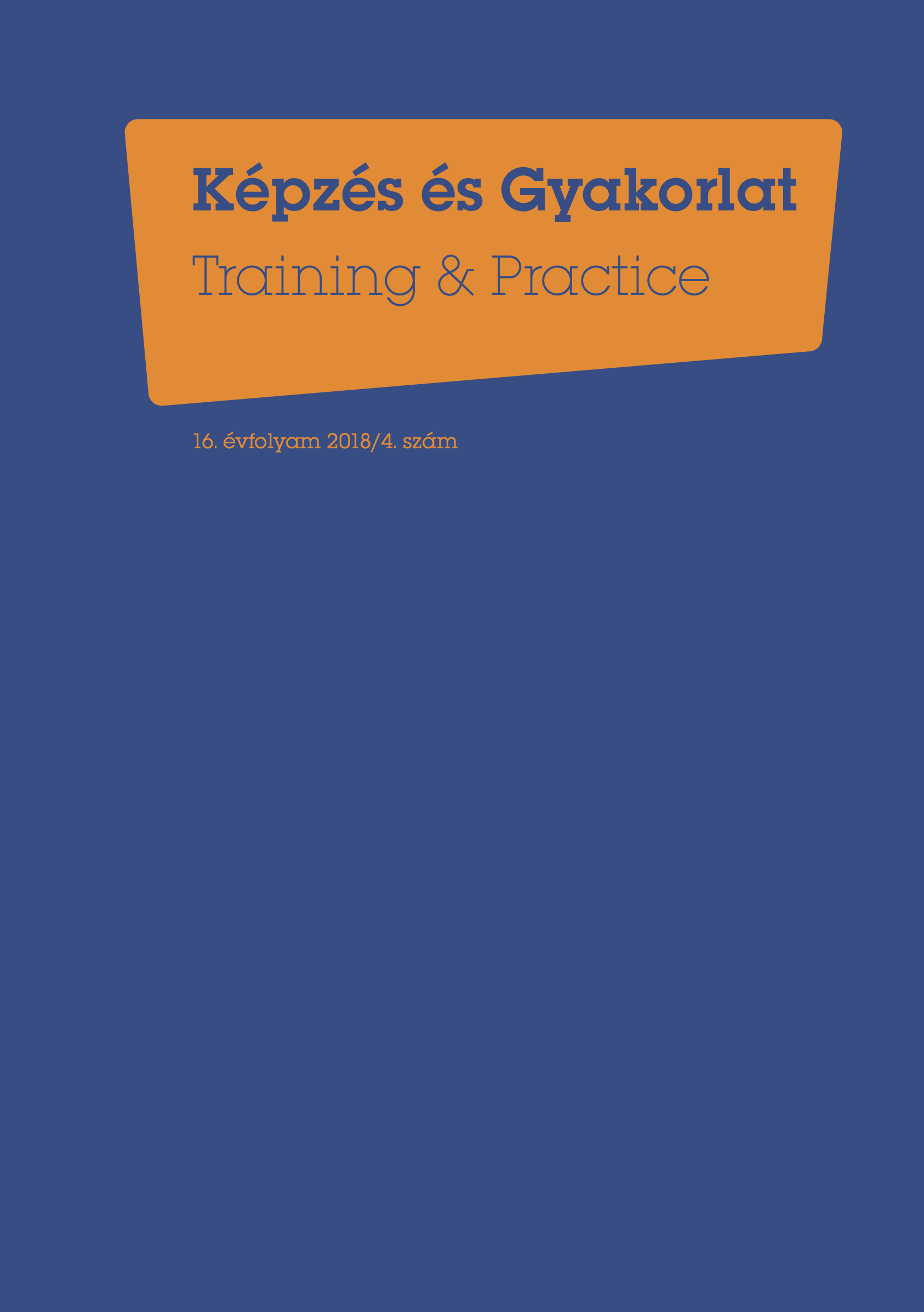Konstruktivizmus és digitalizáció
DOI:
https://doi.org/10.17165/TP.2018.4.12Abstract
I believe that digital public education is not an omnipotent panacea, however, it is rather desirable and an aim to be achieved. A new pedagogical road, which has many benefits, but equally has a lot of (new) potholes. For me, the (radical) constructivism offered reasonable explanations for these. My writing aims to illustrate the key features of its approach in the light of my experience, as well as the interaction and relationship I have seen with the public education towards digitization. My aim is to make the area more relevant and familiar with images, stories and analogies. I close my writing by presenting my connected research on the topic which was supported by the ÚNKP-17-1 New National Excellence Program of the Ministry of Human Capacities.
References
Bábosik, I. ‒ Torgyik, J. (szerk.) (2007). Pedagógusmesterség az Európai Unióban, Budapest: Eötvös József Könyvkiadó.
Nahalka, I. (2002). Hogyan alakul ki a tudás a gyerekekben? Konstruktivizmus és pedagógia, Budapest: Nemzeti Tankönyvkiadó.
Papert, S. (1988). Észrengés: A gyermeki gondolkodás titkos útjai, Budapest: Számítástechnika-Alkalmazási Vállalat.
Prievara, T. (2018). Miért változik nehezen az oktatás? [online] http://tanarblog.hu/cikk/miert-valtozik-nehezen-az-oktatas [2018. 06. 27.]
Prievara, T. ‒ Nádori, G. (2018). A 21. századi iskola, Budapest: Enabler Kft.
Downloads
Published
Issue
Section
License
Copyright (c) 2018 Szabó László András

This work is licensed under a Creative Commons Attribution-NonCommercial-NoDerivatives 4.0 International License.












